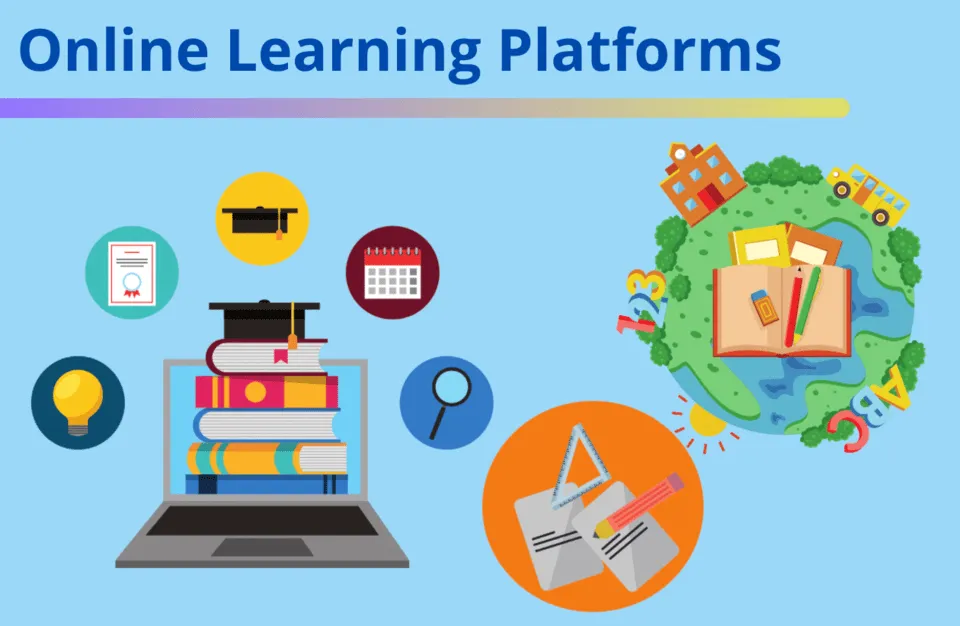With advancements in technology and changing learning preferences, online education platforms have become essential in providing flexible and accessible higher education options. Universities worldwide are now leveraging these platforms to reach students beyond traditional classrooms, offering quality education that fits various schedules and learning styles.

About University Online Education Platforms
University online education platforms provide virtual learning environments that facilitate course delivery, resource sharing, and interactions between instructors and students. These platforms can include a range of learning tools like video lectures, discussion forums, assessments, and personalized study materials, all accessible online. Major universities often partner with platforms like Coursera, edX, and FutureLearn, or develop their own platforms to offer full-degree programs, certifications, and individual courses.
Overview of Popular University Online Education Platforms
| Platform | Partner Universities | Key Features | Degrees Offered |
|---|---|---|---|
| Coursera | Yale, Stanford, Penn | Video lectures, quizzes, peer-reviewed assignments | Bachelor’s, Master’s, Certificates |
| edX | Harvard, MIT, Berkeley | Interactive modules, professional certifications | Bachelor’s, Master’s, MicroMasters |
| FutureLearn | Open University, UCL | Weekly learning structures, peer discussions | Bachelor’s, Master’s, Short Courses |
| Udacity | Georgia Tech, Stanford | Project-based learning, mentorship | Nanodegrees, Graduate Certificates |
| University-Specific Platforms | Varies | Custom resources, student portals, tailored curriculums | Varies |
Benefits of University Online Education Platforms
- Accessibility: Online platforms make higher education accessible to students globally, especially for those who cannot attend on-campus classes.
- Flexibility: These platforms allow students to learn at their own pace and schedule, making it ideal for working professionals and part-time students.
- Cost-Effectiveness: Many courses on online platforms are either free or relatively affordable compared to traditional degree programs.
- Skill-Focused Learning: Many platforms emphasize practical skills and offer job-ready programs that align with current market demands.
- Diverse Course Offerings: From business to computer science, these platforms offer a wide range of subjects, enabling students to explore different fields.
Challenges Faced by Online Education Platforms
- Student Engagement: Ensuring active participation and engagement in a virtual classroom can be challenging.
- Accreditation and Recognition: Not all online courses and certifications are recognized by employers, which can affect job prospects.
- Technical Difficulties: Students may face issues with internet connectivity or lack access to digital devices, impacting their learning experience.
- Limited Hands-On Learning: Some subjects require hands-on learning and lab sessions that can be hard to replicate online.
The Impact of University Online Education Platforms on Higher Education
University online platforms are helping to democratize education, allowing a wider audience to access reputable institutions and specialized knowledge. With continuous advancements, such as AI-driven personalized learning and interactive VR modules, online education is becoming increasingly immersive, preparing students for real-world challenges.
Future of University Online Education Platforms
- Increased Customization: AI-based algorithms will likely offer students personalized courses based on learning pace and areas of interest.
- Hybrid Learning Models: Many universities are adopting hybrid models, combining online and in-person learning to offer a balanced educational experience.
- Expanded Micro-Credential Programs: Short courses and micro-credentialing are expected to grow, offering specialized skills to enhance employability.
- Greater Employer Collaboration: Universities and online platforms are collaborating with industries to ensure that curriculum meets current job market demands.
Conclusion
University online education platforms have revolutionized how students access higher education, making learning more flexible, accessible, and skill-oriented. While challenges exist, continuous improvements in technology and teaching methodologies are addressing these issues, making online education a vital component of modern university offerings.